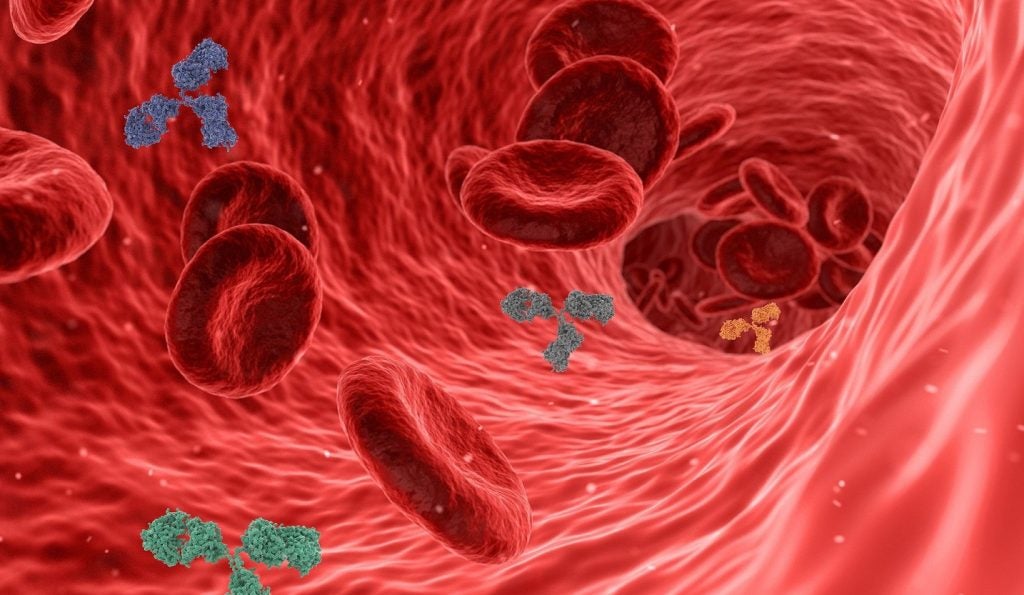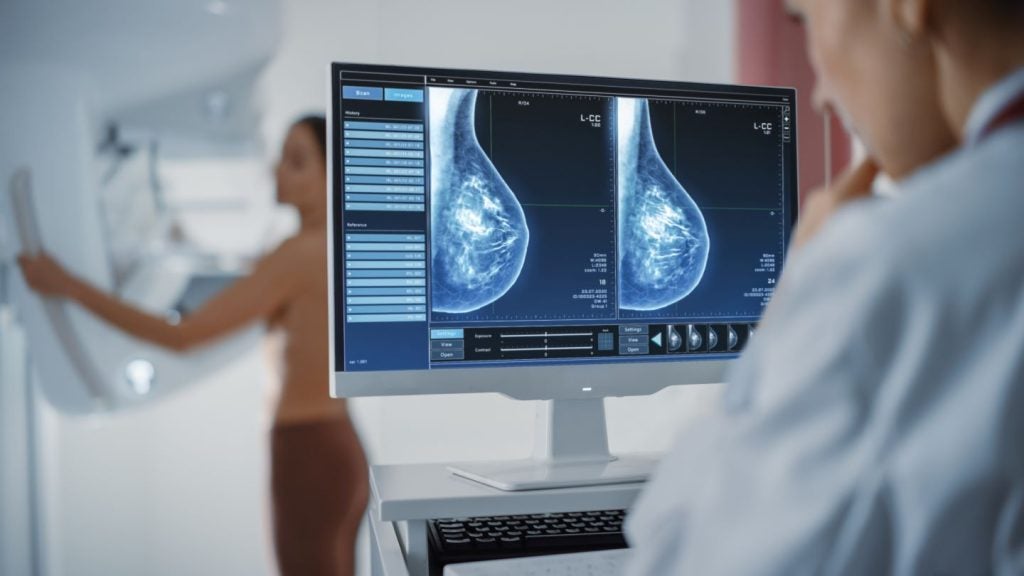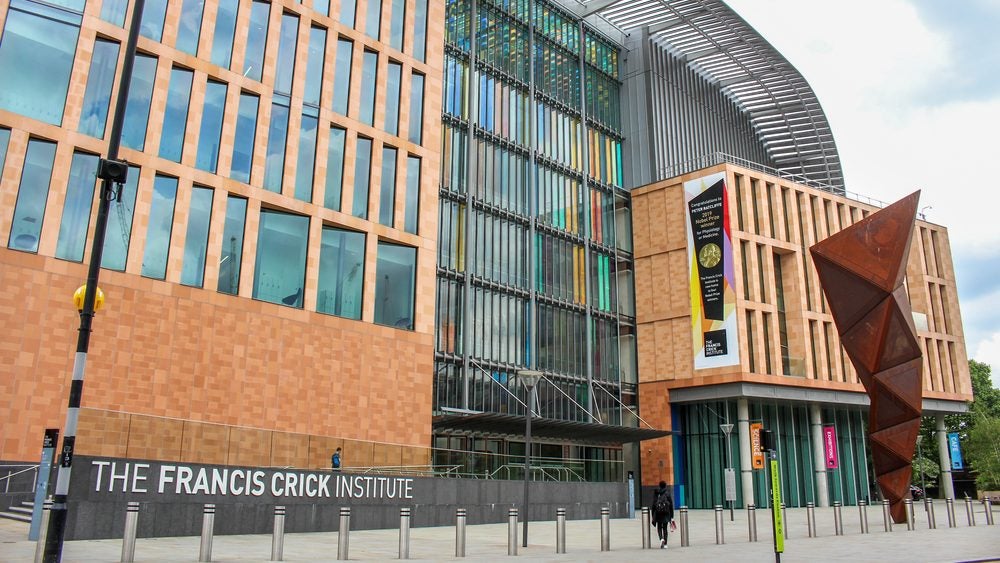Valbenazine tosylate is under clinical development by Neurocrine Biosciences and currently in Phase II for Trichotillomania. According to GlobalData, Phase II drugs for Trichotillomania does not have sufficient historical data to build an indication benchmark PTSR for Phase II. GlobalData uses proprietary data and analytics to create drugs-specific PTSR and LoA in the Valbenazine tosylate LoA Report. Buy the report here.
GlobalData tracks drug-specific phase transition and likelihood of approval scores, in addition to indication benchmarks based off 18 years of historical drug development data. Attributes of the drug, company and its clinical trials play a fundamental role in drug-specific PTSR and likelihood of approval.
Valbenazine tosylate overview
Valbenazine tosylate (NBI-98854, Ingrezza) is an anti-dyskinesia agent. It is formulated as hard gelatin capsules for oral route of administration. Valbenazine is indicated for the treatment of central nervous system disorders including tardive dyskinesia in schizophrenia patients, adjunctive treatment in schizophrenia, for dyskinesia due to cerebral palsy and chorea associated with huntington's disease and unspecified psychiatric disorders. It acts by targeting vesicular monoamine transporter type 2.
Valbenazine tosylate is also under development for the treatment of chorea associated with Huntington's disease, trichotillomania and tardive dyskinesia.
The drug candidate was also under development for the treatment of tourette syndrome (in adults and pediatrics).
Neurocrine Biosciences overview
Neurocrine Biosciences (Neurocrine) discovers, develops, and sells pharmaceutical products for the treatment of neurologic, neuropsychiatric, and neuroendocrine-related diseases and disorders. Its lead product, Ingrezza (valbenazine) capsule, is a US FDA-approved selective vesicular monoamine transporter 2 inhibitor for the treatment of adults with tardive dyskinesia (TD). The company’s major pipeline products include valbenazine in Phase III clinical trials for the treatment of chorea in Huntington’s disease and adjunctive treatment of Schizophrenia; NBI-1065846 in Phase II clinical trial for anhedonia in depression; NBI-827104 in Phase II clinical trials for rare pediatric epilepsy; NBI-921352 in Phase II trials for focal onset seizures in adults; crinecerfont (NBI-74788), a corticotropin-releasing factor1 (CRF1) antagonist in Phase III trials for congenital adrenal hyperplasia in adults and in Phase II trials for congenital adrenal hyperplasia in pediatric patients. Neurocrine is headquartered in San Diego, California, the US.
For a complete picture of Valbenazine tosylate’s drug-specific PTSR and LoA scores, buy the report here.
Premium Insights
From

The gold standard of business intelligence.
Blending expert knowledge with cutting-edge technology, GlobalData’s unrivalled proprietary data will enable you to decode what’s happening in your market. You can make better informed decisions and gain a future-proof advantage over your competitors.







